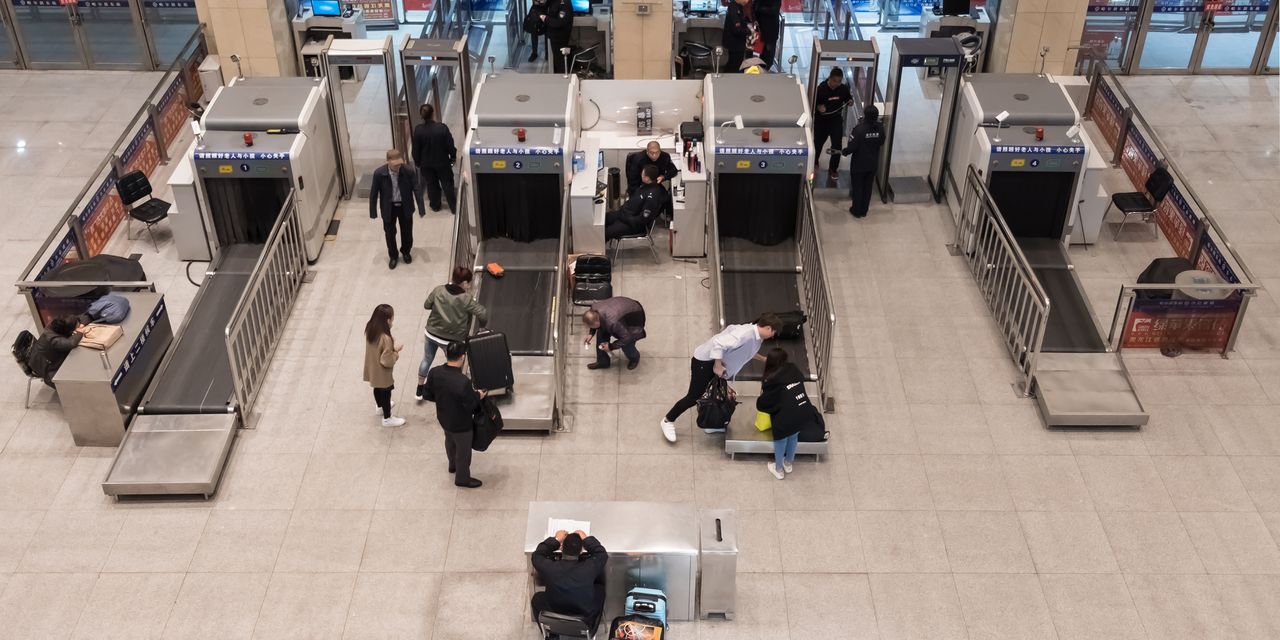
A long way to sustainability for the travel and tourism industry
[ad_1]
According to the most recent data from the World Travel & Tourism Council (WTTC), the Tourism and Travel sector has been starting a rapid and consistent recovery since 2021, albeit below that seen in 2019.
With a weight of 10.3 % of world GDP, the sector was worth around 6% in 2021, but the trend is to increase. All trends point to average annual growth of +2.7% in 2022-2032. In the same period, the sector’s average weight in world GDP is expected to grow by 5.8%. This industry represents around 10% of global employment, which should not change much in the following years. Pre-pandemic values should be reached by 2023 for most European regions.
This recovery comes at a time of much turmoil in the industry. The aviation sector, for example, is still undergoing restructuring and seems slow to adapt to the new requirements. Across Europe, numerous flight cancellations occur due to internal issues within the airlines and logistical processes on the ground. In either case, the genesis of the problem lies in the lack of human resources.
The targets imposed on companies and airports to tackle the effects of climate change can boost these difficulties. Suppose there is not an ample supply of sustainable fuels, especially synthetic ones. In that case, we could see the marginalization of some airports, especially in the more peripheral countries and those with greater dependence on air transport, and the increase in air fares, with severe implications for the inhabitants of these more peripheral countries.
As discussed in yesterday’s Global Tourism Forum, the industry wants and is making investments to decarbonize itself. As co-legislators, we must work on a balanced and intelligent legislative framework that encourages these investments and this transition and a level playing field for the industry. Otherwise, we will only create more difficulties for businesses and, in particular, for citizens.
I recognize that this legislative framework – the fit For 55 package – is complex and involves several legislative proposals such as the Emissions Trading System, the Renewable Energy Directive, the Alternative Fuels Infrastructure regulation, Refuel Aviation and Fuel Maritime. Still, we must ensure balance and justice in this transition.
Tourism companies face severe problems of a lack of workforce. The pandemic crisis caused an unprecedented exodus of workers in this industry to more engaging activities – from a professional and salary point of view.
The near future involves quality staff training, including intermediate ones, increasing the industry’s benefits and productivity rates. A European Tourism Academia could have an essential role in this matter. This way, it will be possible to increase wages and make the sector competitive in attracting qualified workers.
However, all this requires investments in human resources and facilities, so it is more critical today than ever to create direct and dedicated financing lines for the sector. An ecosystem of 99% of micro, small and medium-sized companies requires special attention. Access to funds is, in most cases, complex, so it is urgent to simplify all these processes. A European platform to support access to EU funds could be a solution, something that the Tourism Task Force in the European Parliament has been demanding and deserves careful attention from the European Commission.
The future of Tourism and Travel at the world level looks promising, with consistent growth, with new and more sustainable markets. Still, to be a leader in this transition, the European Union must be ambitious but realistic, without technological dogmatism or objectives that only look good on social networks. If Europe fails, we all lose.
[ad_2]
Source link


